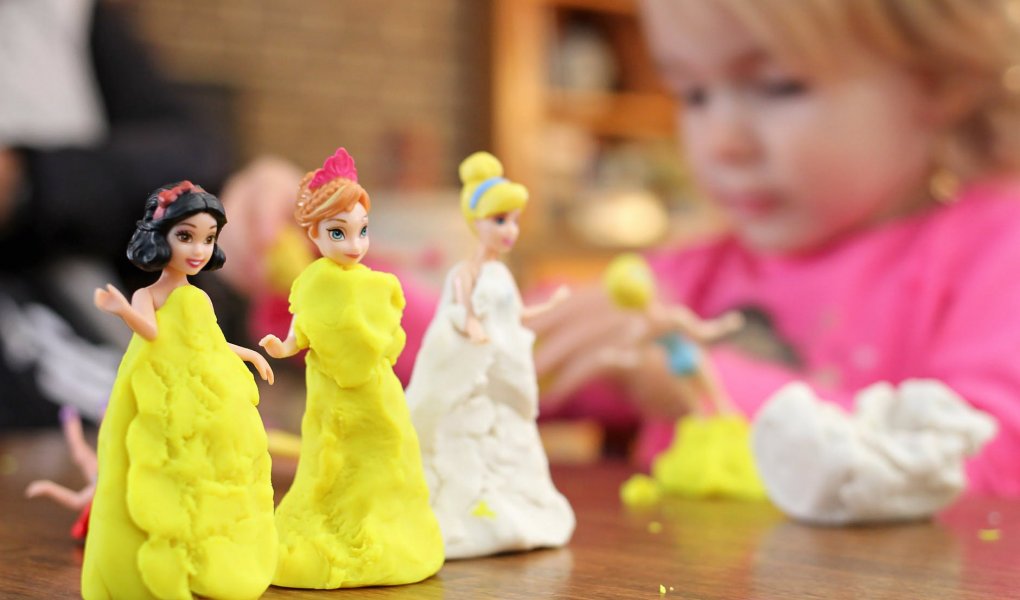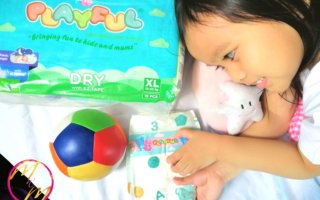Do you feel frustrated when what you say lands on deaf ears? You’ve asked her to get her shoes twice. Nothing. She’s so immersed in what she’s doing. Or is she? It’s sometimes difficult to get kids to listen, huh?
Well, you’re not the only one. There have been times when I would ask my daughter to do something but end up doing it myself because I was just too tired of repeating myself.
Sometimes, she’d do the complete opposite. Why is that?
Let’s find out! Plus, I’ve got expert advice on how to get your little youngsters to listen well.
Why do kids keep resisting us?
They resist because children have this instinct to go against being controlled. So, it’s not their fault.
You can see it in many situations. When your toddler automatically says ‘no’ to your small request, when your preschooler sulks when being hurried, or when you school age defies you about getting dressed— this is counter will.
Austrian psychologist Otto Rank proposed this theory in the 1970s. While it’s normal in young kids, some may not be able to outgrow it.
But according to experts, we need to engage and connect with our child to avoid counter will. When you’re on the same page and you could your child interacting with nods and smiles, then you could ask her to do something.
Parents of strong-willed children, like myself, would need more patience and creativity to have our kids listen to us.
What can we do to make them listen?
Check if their basic needs have been met
Ask yourself these questions:
- Is my child hungry, tired, or overstimulated?
- Does my child need more time with me? Have I been too busy lately to have time for him or her?
Avoid listening stoppers
According to internationally renowned educator, Dr. Michelle Borba, words like “You,” “If,” and “Why” are listening stoppers that hinder communication.
You don’t listen to me attacks the child’s character.
If you don’t do what I tell you sounds threatening.
Why are you like that? makes your child defensive. Plus, kids are not mature enough to explain their behavior.
To be honest, I’m guilty of using “If’ more than once with my daughter’s toys. I used to tell her if she didn’t clean them up, I’d throw them all away. Toy clutter gets me riled up sometimes.
But now, we sing our CLAYGO song “ClAYGO CLAYGO, Clean as You Go Clean! Clean As You Go!” I must say it helps her get into the cleaning mood.
Connect to get your kids to listen

There are a couple of ways you can do this.
First, you could state an observation about what they’re doing.
For example, your child is busy coloring something she drew, and it’s time for dinner. You could say ‘Oh, look at that colorful house and the playground. What is this one doing?”
Then after she responds, you could tell her it’s time for dinner. If she resists, give her a few minutes to transition.
This happens to us at home, except at times I’d forget to connect and say, You need to do this now. The reaction I get from my preschooler is, Ugh! I’m not yet finished, mommy! I could sense she was angry with her closed fists.
Next, you need to communicate with them at eye level. Getting down to talk eye-to-eye gets their full attention.
Show how to listen attentively
As someone who works with a phone and a laptop, I am guilty of not listening thoroughly when my daughter tells me something. Wait, is this post about me and my faults?
More often than not, I’m half-listening.
Like, I could get the gist of her story but miss out on the excitement, the juicy details, and her elaborate hand gestures. My daughter is a great storyteller—yours is too, I’m sure.
But now I know, I need to stop what I’m doing, really listen to her story, and interact with her. Experts say it’s also good to summarize the account back. Things can wait.
Be short
Instead of lecturing about the things he or she should have done, use one or two words.
Homework. Shoes. Toys basket. Dishes kitchen.
Trust me, this works.
These reminders are easier to understand. Your lectures will vanish into thin air.
Make it fun
If you could, try to turn the chore into a game. I read this in the book, How to Talk so Young Kids Will Listen by Joanna Faber.
Another idea from the book is to give young kids choices and leeway:
Do you want to put away the legos or the wooden toys first?
Do you want to jump in the trampoline or go on the slide before we get going?
In 10 minutes, we’ll turn off the TV.
Use clear and positive phrases
These are brief statements that direct a child towards doing something.
Here are some examples:
You can draw on the paper.
Let’s go to the kitchen.
It’s time to go to bed.
I need you to get that book.
If you notice, we did not use the words ‘no’ or ‘don’t.’ It’s because as mentioned above, children are inclined to go against us. So, saying ‘don’t run’ just might be inviting him to do the opposite.
We save using ‘No’ when safety is a concern.
Moreover, you need to avoid using force. It may work for the time being, but it could backfire in the long run. Instead of instilling good habits, coercion can lead to resentment.
Have you tried any of tips? Did they work?
Let’s keep in touch!








Salamat mommy may natutunan ako.
Yey salamat din sa pagbasa mommy Jonna 🙂
Thanks for sharing this mommy mkakatulong to pra madisiplina ko anak ko❤️❤️
Salamat lagi mommy Julie sa support at pagcomment. 🙂